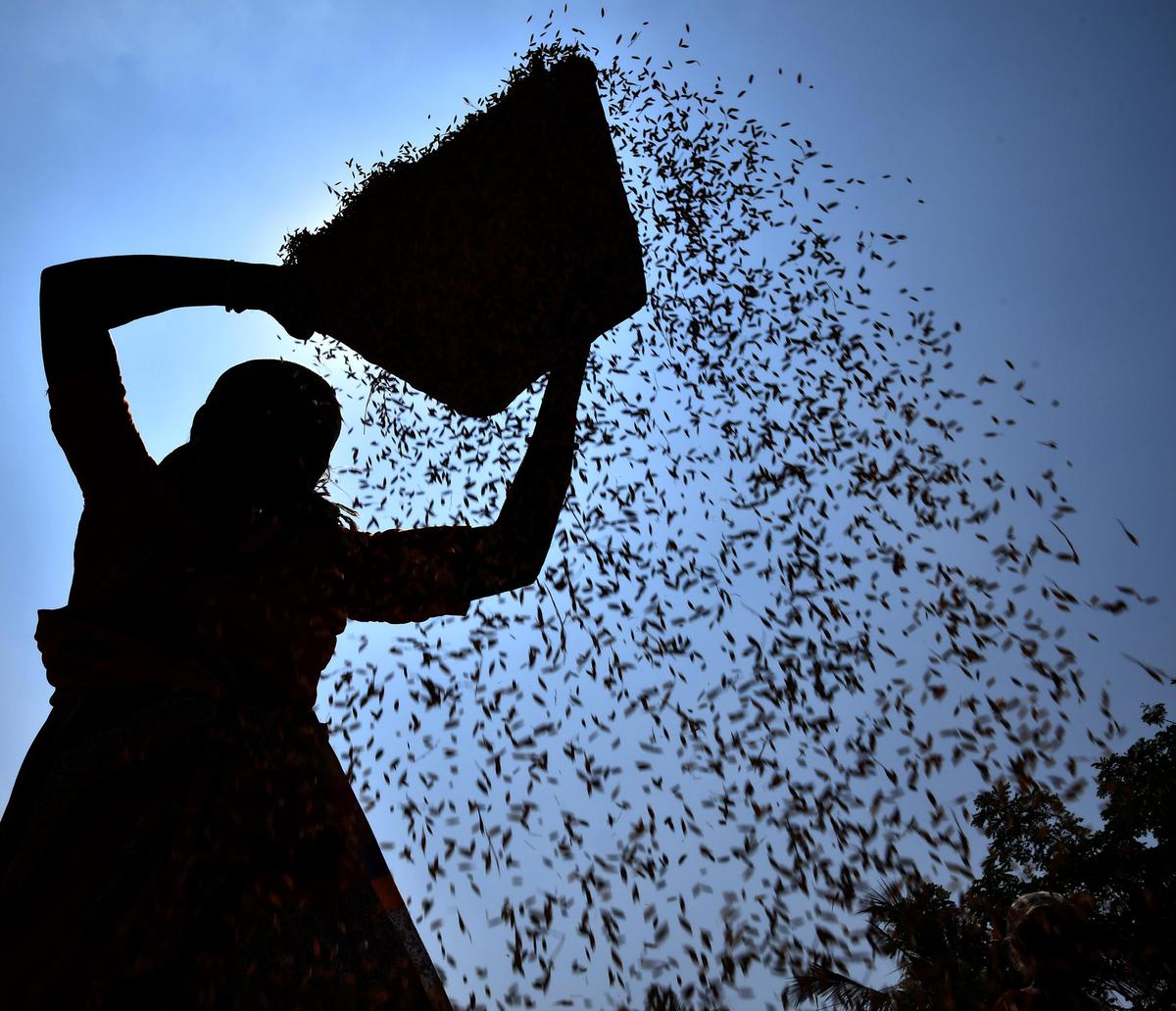The native seed festival was first introduced in South India at Thiruthuraipoondi in Tiruvarur district in Tamil Nadu in 2006 by the late Nel Jayaraman ( nel means paddy in Tamil). Since then it has grown from strength to strength, drawing a large number of organic farmers and promoters of traditional seed varieties every year. This year, the event was held in June.
The annual two-day festival is patronised by not only those from Tamil Nadu but also neighbouring States. As many as 200 native varieties of grain are showcased. Mapillai samba, thanga samba and kichili samba were some of the varieties on display. Native seeds are more genetically diverse and are resilient to harsh climate conditions.
Members of the public can also attend the event and partake of the traditional snacks on sale. To encourage farmers and entrepreneurs, the Dr. Namalvar and Nel Jayaraman awards for the best organic farming practices are presented.
A highlight of the show is that two kg of native seeds are given to farmers who can pledge that they will return with four kg the next year. In 2018, 8,200 farmers came to the festival to collect seeds. The pandemic had pressed pause on the festival but the farmers are back this year, in even larger numbers.

Precious grain: A farmer winnows her harvest in Tamil Nadu. Rice is cultivated in the State in various types of varied climates and in different seasons.

Grand opening: Farmers in bullock carts take out a procession on the first day of the seed festival. The photos of Nammalwar and Nel Jayaraman are placed on the cart as a tribute.

Genetically diverse: Native seeds of more than 200 varieties are on display. These varieties require less water to grow and are more hardy.

Good tidings: Seeds embedded in a ball of cow dung is placed at the entrance to the venue of the festival.

Seed saviour: Cheruvayal Raman, a guardian of native seeds from Wayanad in Kerala, has preserved about 60 types of paddy seeds.

Saving water: Farmers say that irrigation needs come down when native seeds are used. While regular varieties may need to be irrigated two hours daily four days a week, a native variety may only need irrigation for two hours twice a week

Sharing knowledge: An organic farmer talks about farming of kambu (pearl millet).

Dehulling rice: Women farmers demonstrate pounding of paddy by hand with a traditional pestle and mortar

Healthy bites: Visitors were treated to free food made from traditional rice and millets.
Published - July 16, 2023 12:59 pm IST


